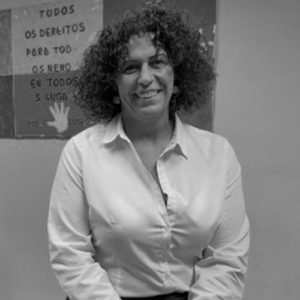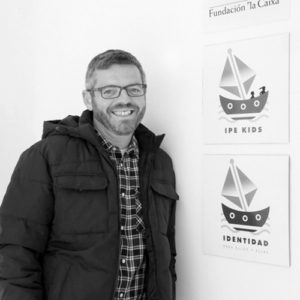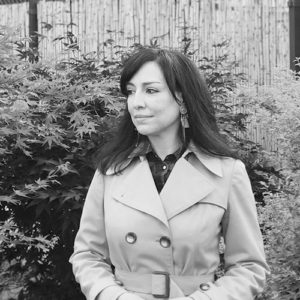University of Ramon Llull, Barcelona

Currículum vitae
Doctor and Graduate in Pedagogy and Social Educator, he is a research professor at the Ramon Llull University of Barcelona.
He is also a member of the consolidated research group Pedagogy, Society, Innovation and Information and Communication Technologies (PSITIC). He has managed the Master of Leadership in Pedagogical Innovation and Management of Educational Centers and is a professor in the Degree of Education at the Faculty of Psychology, Education Sciences and Sport Blanquerna (FPCEE Blanquerna). He currently directs the Postgraduate “Networking, Child Poverty and Educational Success.” He is a executive director of the Scientific Management Team of the CaixaProinfancia programme of “La Caixa” Foundation. He has collaborated in numerous municipalities as an advisor to Barcelona Regional Government in the creation of Local Devices for School Work and in the creation of Local Educational Networks for the improvement of school success. He has worked as a teacher in compulsory education for 19 years, managing for 8 years a Vocational Training Center in Sant Vicenç dels Horts. He has coordinated some research with state funding (R + D + i projects of MINECO) as to Educational Success in Contexts of Vulnerability. His main lines of research are school success, socio-educational networks, school management and teachers’ well-being. He has numerous publications on these themes (https://www.researchgate.net/profile/Jordi_Mayayo).
Talk
“Socio-educational ecosystems and support in transitions: community strength”
Internationally speaking, inter-institutional and intersectoral collaboration for the improvement of educational success and social inclusion emerges as an innovative current. In some way, community development approaches are resignified to understand the city, the neighborhood or the municipality as an “eco-social” system. The map of actors present in a territory and the type of relationships kept provide the territory with a certain capacity for inclusion, a diversity of opportunities and they condition well-being. Ecosystems can articulate randomly or intentionally. Given that the research explains that the Social Capital -both individual and community one- is a determining factor in the paths for educational success. The paper displays the bases of the concept “socio-educational ecosystem” and, based on some research, points out that evidence that shows how the integral socio-educational action “in network” allows greater opportunities to young people. It concludes with an invitation to rethink socio-educational governance as a new way of building public policies focused on educational equity and social inclusion.



































